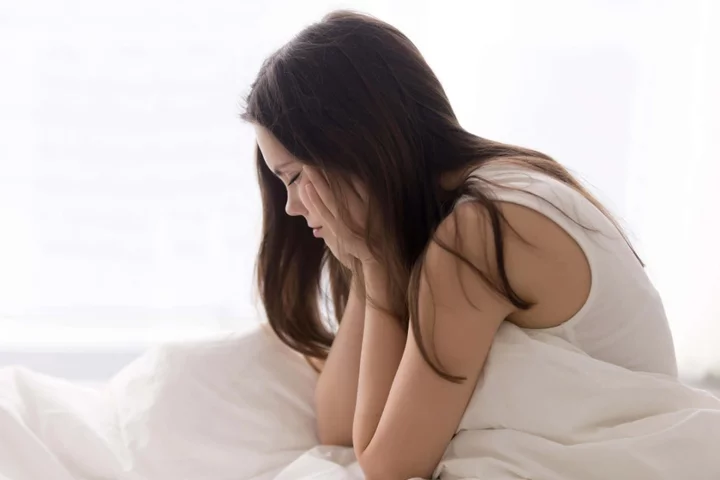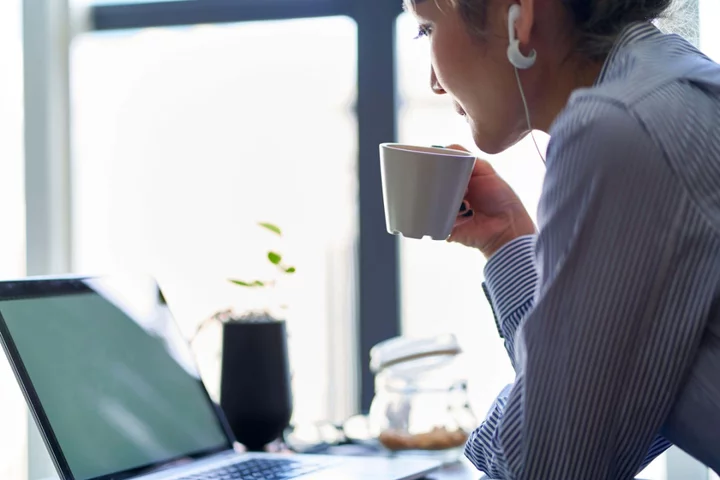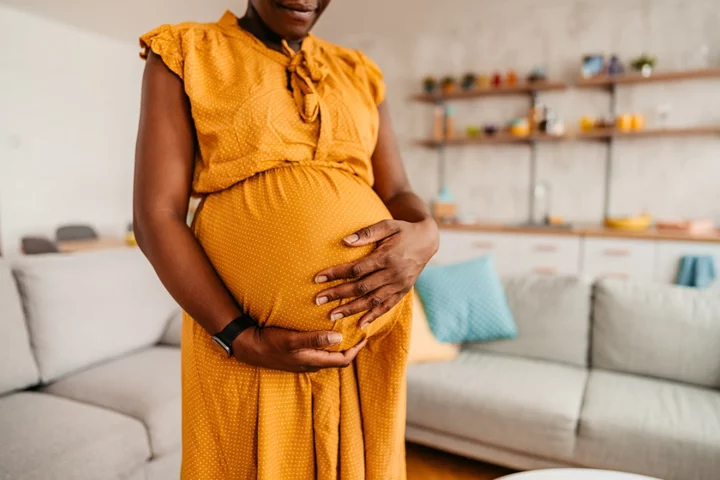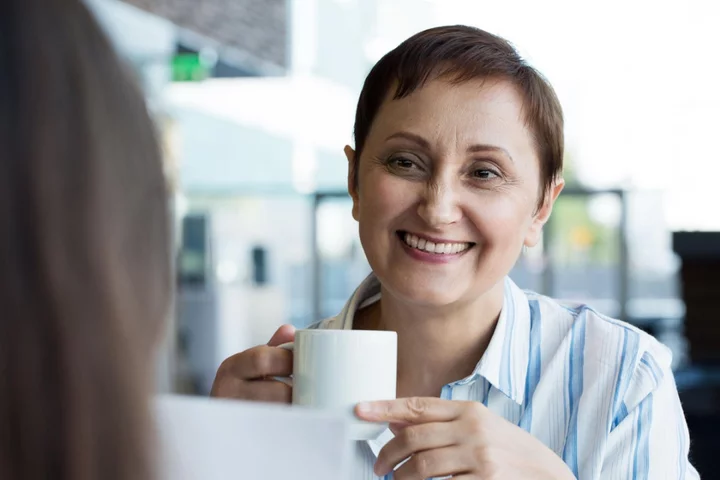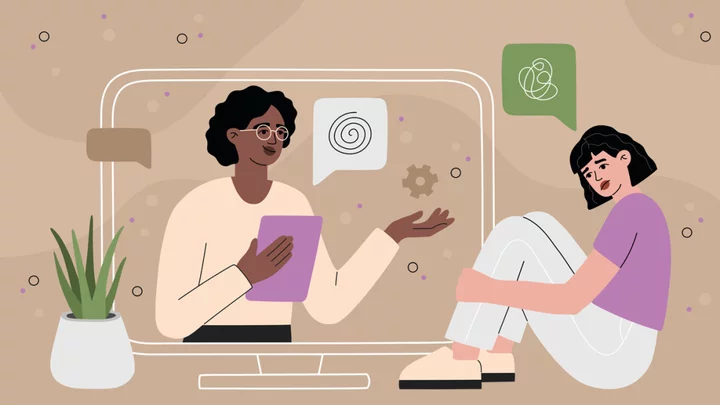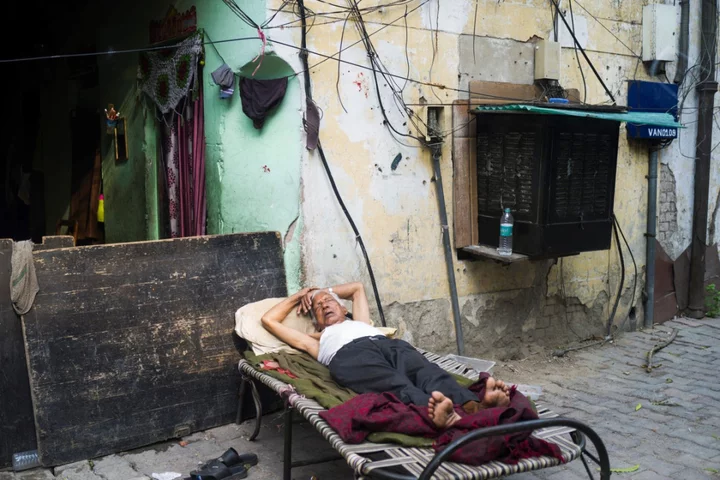Struggling to sleep? You’re not alone. As conversations with friends, family and colleagues seem to be dominated by tiredness, middle-of-the-night wake-ups and vivid dreams, the TikTok tag ‘can’t sleep’ has currently racked up 1.2 billion views.
It seems we’re all finding it difficult to get enough zeds. But is there a reason why it’s suddenly happening right now?
Changing seasons
“We all have an internal circadian clock, which is synchronised to the solar time with sunrise and sunset, and regulates our daily physiology and metabolism,” says Dr Laura Roden, associate professor and chronobiology specialist at Coventry University.
“Day length changes with seasons, which impacts our circadian timing, and having a circadian clock allows us to respond by adjusting our physiology to these seasonal changes. Animals and plants are affected too – think bird migration, bears hibernating, spring flowers and autumn leaves. We are naturally diurnal, so should be sleeping at night when it is dark. Light acts on our circadian clock to stimulate wakefulness.”
Differing lifestyles
Our lifestyles also change in the summer.
“Many of us are more physically active in summer than winter, and usually spend more time outdoors exposed to bright light during the day,” Roden explains.
“That combination of physical activity during the day, and daytime bright light exposure, gives our circadian clock strong synchronising cues and reinforces our diurnal behavioural rhythms. This means that even though we have shorter nights, we are stimulating the feelings of sleepiness at night and wakefulness during the day. Engaging in physical activity during the day usually promotes better sleep – but we must be mindful of not exercising too late at night, as this can have the opposite effect,” she says.
The Moon
You may have thought the moon’s impact on our bodies is a myth, but Roden says that there is research that backs up these theories.
“Some studies have found that this can affect both sleep timing and duration. Women who menstruate may notice that the phase of the moon interrupts their sleep more than biological males. Charlotte Förster from the University of Würzburg carried out a truly remarkable study in terms of data collection and analyses, that showed that women’s menstrual cycles were recurrently synchronous with the moon’s phase, and affected by brightness and gravitational pull.
“As body core temperature is affected during menstruation, this would mean that at certain phases of the moon, it can be harder to fall asleep than others, and sleep duration may thus be affected,” Roden says.
Sleep hygiene
Brighter mornings and lighter evenings may be making your room too light or hot.
“Keeping the bedroom slightly cooler than the rest of the house is ideal, but not always achievable. Cooler rooms promote sleep. Using curtains or blinds and sleep masks can help to keep bedrooms dark. But using electronic devices – such as mobile phones – that emit bright light, can cause a suppression of melatonin that we need, to indicate ‘night’ to the circadian clock,” Roden explains.
Drinking more
We all tend to take on more liquids when it’s hot. And you may find yourself drinking more when socialising in the sun, too. But, Roden suggests avoiding alcohol before bed. According to the Sleep Foundation, it’s best to leave at least four hours between stopping drinking alcohol and going to bed.
It’s also a good idea to avoid drinking anything around two hours before sleep, and Roden recommends avoiding caffeine after midday, so you might want to skip those mid-afternoon iced lattes.
Read MoreCharity boss speaks out over ‘traumatic’ encounter with royal aide
Ukraine war’s heaviest fight rages in east - follow live
11 ways to dip into Mediterranean inspired decor
Whiten up your wardrobe with summer’s hottest trends
Paternity leave should be paid for six weeks, campaigners tell Government

